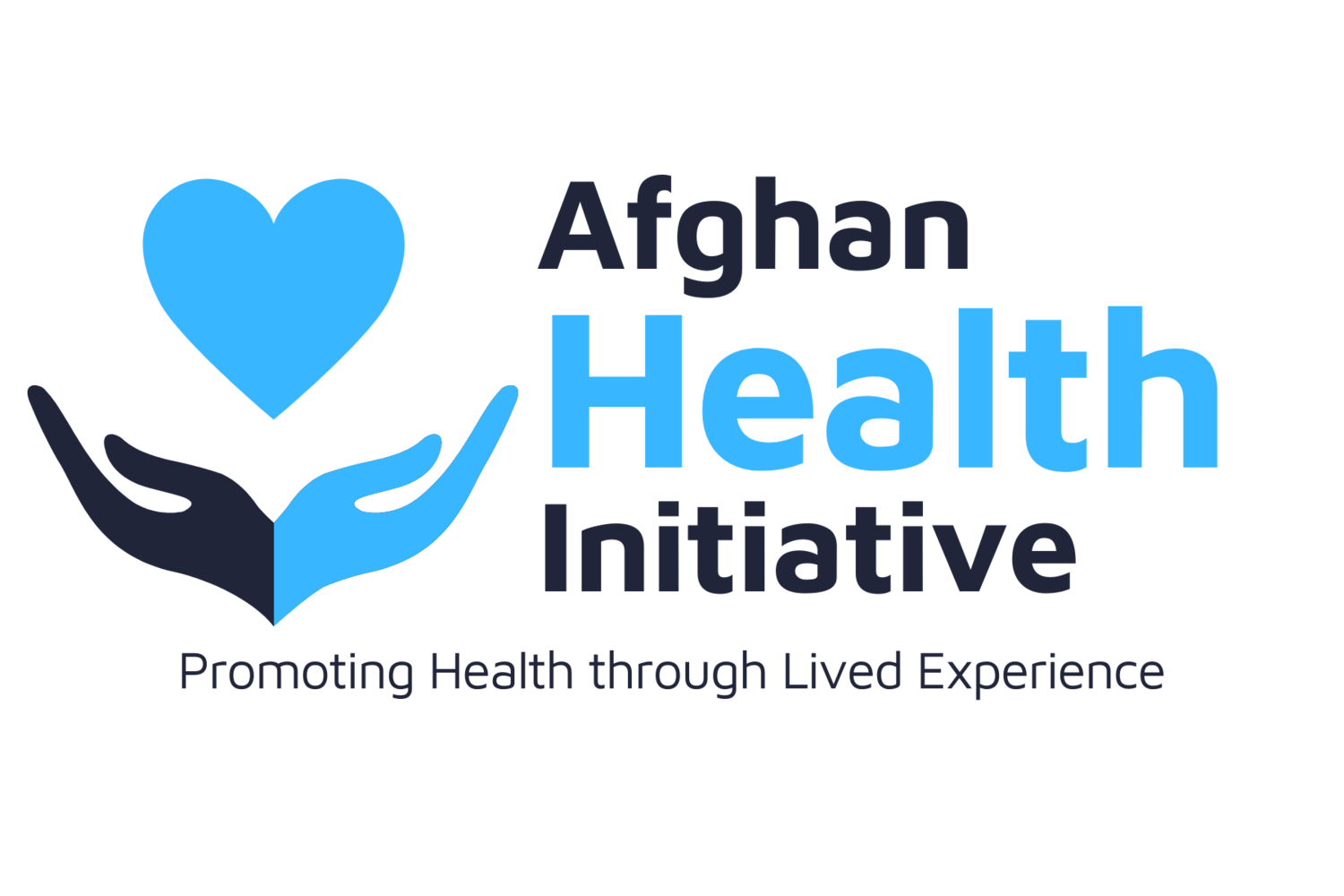AHI Awarded CDC Grant through NACCHO/ASTHO
FOR IMMEDIATE RELEASE
Afghan Health Initiative Contact:
info@afghanhealth.org
Phone: 253.237.6214
NACCHO Contact:
Andrea Grenadier
Marketing & Communications Specialist agrenadier@naccho.org
Phone: 202.888.0229
Public Health Groups Invest in Afghan Health Initiative for a
National Evaluation of Social Determinants of Health
Afghan Health Initiative and King County Public Health Department, collectively, “Lead Prevention Team” receive support from NACCHO and ASTHO
Kent, Washington, February 11, 2021 — Afghan Health Initiative (AHI) was selected as one of the lead organizations on behalf of a partnership between AHI and King County Public Health, collectively, “Lead Prevention Team” to prevent lead poisoning in Afghan immigrant and refugee children in King County.
The Lead Prevention Team was selected for evaluation under the Social Determinat of Health area: Community-Clinical Linkages: Connections made among health care systems and services, public health agencies, and community-based organizations to improve population health.
The National Association of County and City Health Officials (NACCHO), the voice of the country’s nearly 3,000 local health departments, and the Association of State and Territorial Health Officials (ASTHO), the national nonprofit organization representing public health agencies in the United States, have selected 42 community multi-sector partnerships/coalitions across the country to receive over $2 million as a part of the Improving Social Determinants of Health – Getting Further Faster evaluation program.
Selected communities have a demonstrated impact in advancing health equity by addressing social determinants of health and will participate in a national retrospective evaluation to understand the impact of recent social determinants of health (SDoH) experiences and highlight successful strategies. The SDoH are conditions in the environments in which people are born, live, learn, work, play, worship, and age that affect a wide range of health, functioning, and quality-of-life outcomes and risks. The national evaluation focuses on five areas of SDoH directly linked to chronic disease: Built Environment, Community-Clinical Linkages, Food Insecurity, Social Connectedness, and Tobacco-Free Policy.
“The importance of this initiative cannot be understated. This project will help to advance healthy equity through meaningful, scalable projects that encompass the built environment, food insecurity, social connectedness, and tobacco-free policies, among others. This bold, comprehensive approach to addressing the social determinants will not only benefit the selected communities but will also provide an important platform to share and adopt best practices across the country,” said NACCHO CEO Lori Tremmel Freeman.
“This project is a significant step towards establishing policy best practices for social determinants of health,” says ASTHO Chief Medical Officer Marcus Plescia. “We know that addressing these determinants improves community health and saves precious resources. This research will help jurisdictions nationwide move forward with proven, evidence-based policies that create healthier communities.”
“This recognition and evaluation is a huge step toward our goal of centering the voice of our community. Due to the newness of the Afghan population in King County, our community has been left out of data and is often missed in new policies and resources that could potentially help our community. The evaluation of our work will help public health officials all over the nation to share best practices in other hard-to-reach communities across the nation,” said Ariana Anjaz Sr. Director, Afghan Health Initiative.
CDC’s National Center for Chronic Disease Prevention and Health Promotion awarded funds for this pilot project through the Strengthening Public Health Systems and Services Through National Partnerships (CDC-RFA-OT18-1802) cooperative agreement. The purposes of the cooperative agreement are to strengthen the nation’s public health infrastructure; ensure a competent, current, and connected public health system; and improve the delivery of the 10 essential public health services.
###
About Afghan Health Initiative
Afghan Health Initiative (AHI), is a grass-roots non-profit organization in the State of Washington founded by current and former immigrants and refugees who were trying to navigate the complexities of their new lives.
AHI provides culturally proficient and linguistically appropriate social support services and health promotion advocacy to low-income new refugees from Afghanistan as well as our Iraqi, Arabic-Speaking, and Somali communities in King County. AHI’s mission is to serve the immigrant and refugee population in Washington State by promoting community-based public health interventions which target social determinants of health thereby increasing equal access to health, education, and economic independence. Afghan Health Initiative holds a strong commitment to ensure the voices of Afghan and other refugee populations are not only heard and counted in data, but their needs are known and met through equitable culturally and linguistically appropriate preventative health and social services.
AHI was founded to help immigrant and refugee communities maximize their potential toward a better future while acculturating into their new lives in the United States. To help facilitate this vision, AHI provides a host of social service tools and programs to promote well-being, healthy life trajectories, and self-sufficiency.
About NACCHO
The National Association of County and City Health Officials (NACCHO) represents the nation’s nearly 3,000 local health departments. These city, county, metropolitan, district, and tribal departments work every day to protect and promote health and well-being for all people in their communities. For more information about NACCHO, please visit www.naccho.org.
About ASTHO
The Association of State and Territorial Health Officials (ASTHO) is the national nonprofit organization representing public health agencies in the United States, the U.S. Territories, and the District of Columbia, and over 100,000 public health professionals these agencies employ. ASTHO members, the chief health officials of these jurisdictions, formulate and influence sound public health policy and ensure excellence in state-based public health practice. ASTHO's primary function is to track, evaluate, and advise members on the impact and formation of public or private health policy which may affect them and to provide them with guidance and technical assistance on improving the nation's health. For more information, please visit www.astho.org
Read More: https://lnkd.in/d6GfcZR

